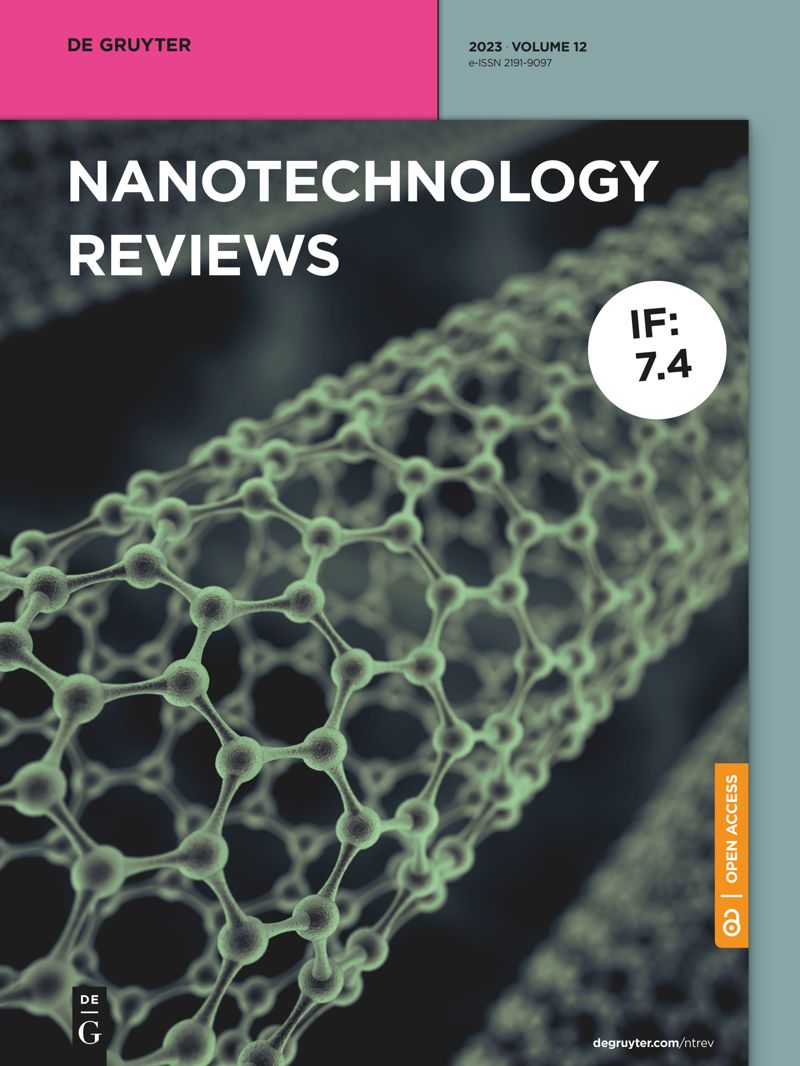碳纳米管水泥基复合材料力学和机电性能有限元建模研究进展
IF 6.1
3区 材料科学
Q1 CHEMISTRY, MULTIDISCIPLINARY
引用次数: 2
摘要
摘要碳纳米管(CNTs)增强水泥基复合材料(CNRC)具有优异的电学和自传感性能,可作为结构健康监测(SHM)的固有传感器。然而,仅靠传统的实验研究并不能满足现代工业对工程材料精确计算和性能设计的要求。有限元法具有操作简单、精度高、成本效益好的优点,已广泛应用于各种复合材料的性能验证和预测。本文综述了CNRC的本构模型、有限元建模方法和仿真过程,以及现有的模型类型、固有关系和模型参数,并用有限元方法系统地分析了不同参数下CNRC相应的机械、电气和机电耦合特性。结合不同的不确定性参数和模型类型,探讨了有限元法在CNRC建模的机械、机电耦合和SHM应用中的优缺点。结果与现有的CNRC试验结果吻合较好,有效地证明了有限元方法在CNRC研究中的可靠性。这项工作对于开发一个完善的理论模型验证和性能预测,以早期应用于CNRC的SHM具有重要意义。本文章由计算机程序翻译,如有差异,请以英文原文为准。
Progress in FEM modeling on mechanical and electromechanical properties of carbon nanotube cement-based composites
Abstract Carbon nanotubes (CNTs) reinforced cementitious composite (CNRC) with excellent electrical and self-sensing properties, which enables it to serve as an intrinsic sensor for structural health monitoring (SHM). However, the requirements of modern industry for accurate calculation and performance design of engineering materials are not met by traditional experimental studies alone. The finite element method (FEM) has the advantages of simplicity of operation, accuracy, and cost-effectiveness, and it has been widely used in the property verification and prediction of various composite materials. In this article, the constitutive model, FEM modeling method, and simulation process of CNRC along with existing model types, innate relations, and model parameters are reviewed, and the corresponding mechanical, electrical, and electromechanical coupling properties of CNRC under different parameters are systematically analyzed by FEM method. By combining different uncertainty parameters and model types, the advantages and disadvantages of FEM for mechanical, electromechanical coupling, and SHM applications of CNRC modeling are explored. The results are in good agreement with those in the existing CNRC experiment, which effectively proves the reliability of the FEM method in CNRC research. This work is important to develop a sound theoretical model verification and performance prediction for early applications in SHM of CNRC.
求助全文
通过发布文献求助,成功后即可免费获取论文全文。
去求助
来源期刊

Nanotechnology Reviews
CHEMISTRY, MULTIDISCIPLINARY-NANOSCIENCE & NANOTECHNOLOGY
CiteScore
11.40
自引率
13.50%
发文量
137
审稿时长
7 weeks
期刊介绍:
The bimonthly journal Nanotechnology Reviews provides a platform for scientists and engineers of all involved disciplines to exchange important recent research on fundamental as well as applied aspects. While expert reviews provide a state of the art assessment on a specific topic, research highlight contributions present most recent and novel findings.
In addition to technical contributions, Nanotechnology Reviews publishes articles on implications of nanotechnology for society, environment, education, intellectual property, industry, and politics.
 求助内容:
求助内容: 应助结果提醒方式:
应助结果提醒方式:


